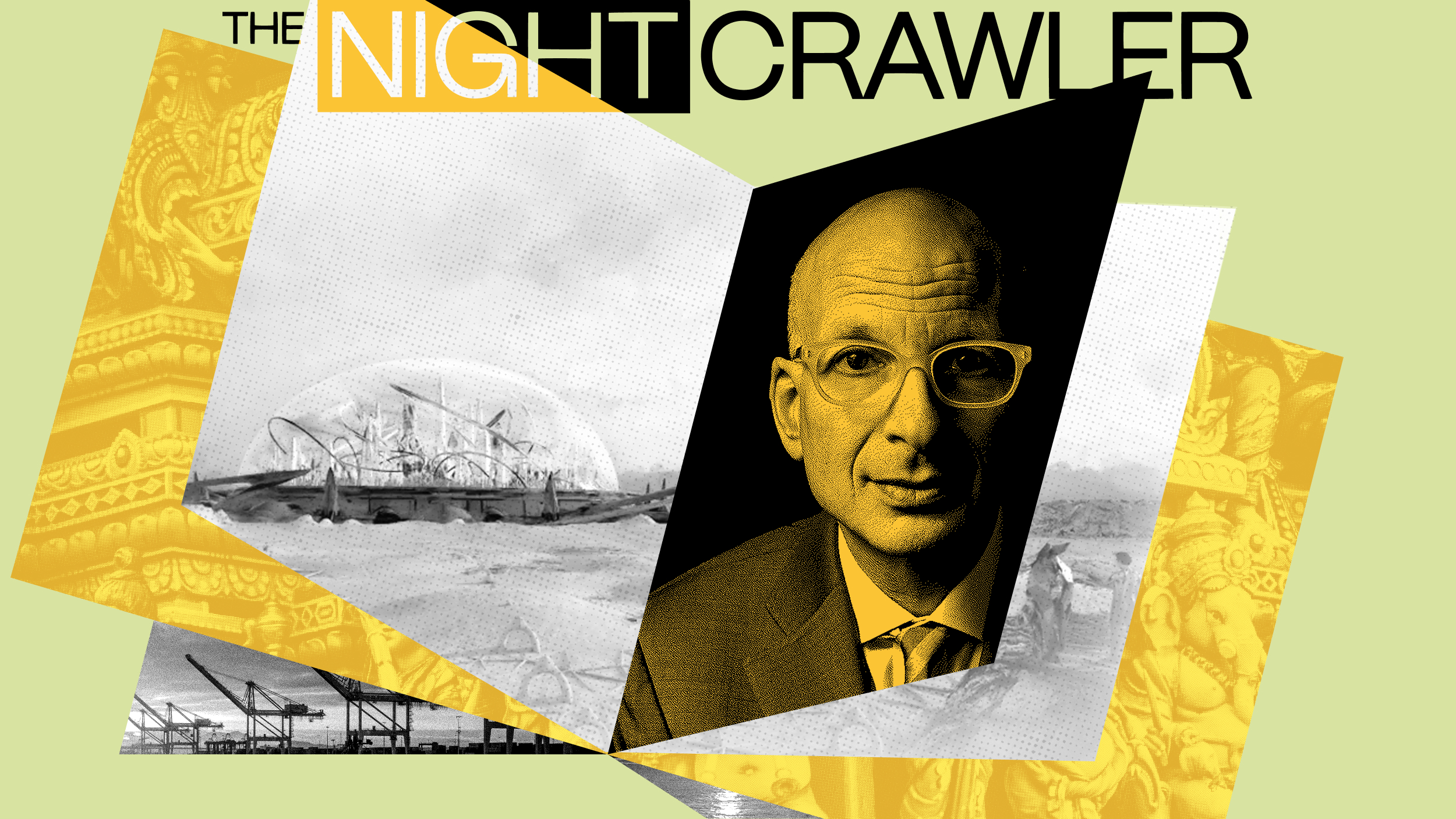The philanthropy expert wants to unlock capital faster.
Question: Will nonprofits be ranked in the future?
Katherina Rosqueta: The problem right now is there isn't enough good information around the nonprofit's results in order for you to give a meaningful ranking. So ideally, with a nonprofit, what you want to rank on is their ability to transform their resources into good.
Given the state of the field, what we have are information on certain inputs, like the amount of money that goes into programs. But input is not really what high impact philanthropists or most of these nonprofits care about. This is not about counting the number of dollars you spend, it's about the other side of the equation, which is given the number of dollars you spent, what results did you see?
I think what you look for in a nonprofit organization is not are they solving the root cause or putting on a band-aid but given what they're trying to solve, are they doing that well?
Question: What problems do philanthropists and nonprofits face?
Katherina Rosqueta: People seem to forget that with philanthropy, just like with any other decision, there are three things that could happen. One, you could do good. You could have the results you intended. Two, you could throw a lot of resources and not make a wit of difference. Or three, you can actually do harm to the communities that you intended to serve. So the notion of high impact philanthropy is can you approach philanthropy in such a way that you weight the outcome to the first, which is doing as much good as you can.
There's a study that Bank of America had sponsored a center on philanthropy in Indiana, produce the study, and they looked at what prevented people from giving more. The question may have been phrased, what would cause you to give more than you're giving? And the top two answers were related to cost and impact.
When we did our own study, which was called "I'm Not Rockefeller" because that was actually a remark we got from multiple people, some sentiment like, oh, you're calling me a philanthropist, that's not really who I am. Despite the fact, by the way, that they gave on average a million dollars a year.
What we found was there's a great deal of latent philanthropy. So what we heard in the answers to our questions was, frankly, a lot of angst about the fact that they weren't giving as much as they knew they financially could or as much as they wanted to. So it wasn't for a lack of good intention. In many cases, they had actually put the money aside, specifically, for philanthropy. And it wasn't for lack of financial capacity, they had plenty of money there to give, it was for lack of confidence that that money will make a difference. And at least the way they saw the field now, they couldn't figure out how to get that confidence that they were making good decisions without essentially turning it into a full-time job.
For folks like them, who want to make a difference and who have the financial capacity, is there a way we can get them to smarter decisions faster so that we begin unlocking that capital. That is one of the chief challenges that our center [The Center for High Impact Philanthropy at the University of Pennsylvania] is trying to address. By doing some of the legwork for them, doing the due diligence, going blurry eyed reading these academic studies, that we can actually do a lot of homework that will get them to making the smart decision faster.
Recorded on: April 23, 2009.





